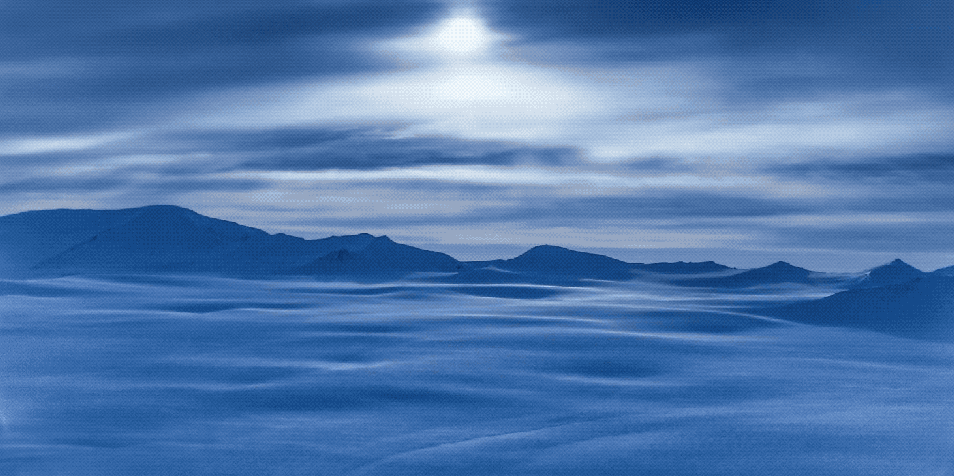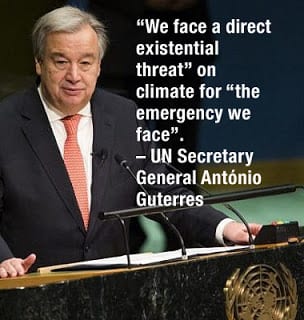Modern urban-industrial man is given to the raping of anything and everything natural on which he can fasten his talons. He rapes the sea; he rapes the soil; the natural resources of the earth. He rapes the atmosphere. He rapes the future of his own civilization. Instead of living off of nature’s surplus, which he ought to do, he lives off its substance. He would not need to do this were he less numerous, and were he content to live a more simple life. But he is prepared neither to reduce his numbers nor to lead a simpler and more healthful life. So he goes on destroying his own environment, like a vast horde of locusts. And he must be expected, persisting blindly as he does in this depraved process,to put an end to his own existence within the next century. The years 2000 to 2050 should witness, in fact, the end of the great Western civilization. The Chinese, more prudent and less spoiled, no less given to over-population but prepared to be more ruthless in the control of its effects, may inherent the ruins.
– George Kennan, diary entry, March 21, 1977
But as I grow older I realize how limited a part reason plays in the conduct of men. They believe what they want to—and although liable to shipwreck they generally get off with a hole in the bottom of their boat and stick an old coat into that.
– Oliver Wendell Holmes, Jr. (to Harold Laski), December 26, 1917
We all see what’s happening, we read it in the headlines every day, but seeing isn’t believing and believing isn’t accepting.
– Roy Scranton, We’re Doomed. Now What?
…click on the above link to read the rest of the article…







